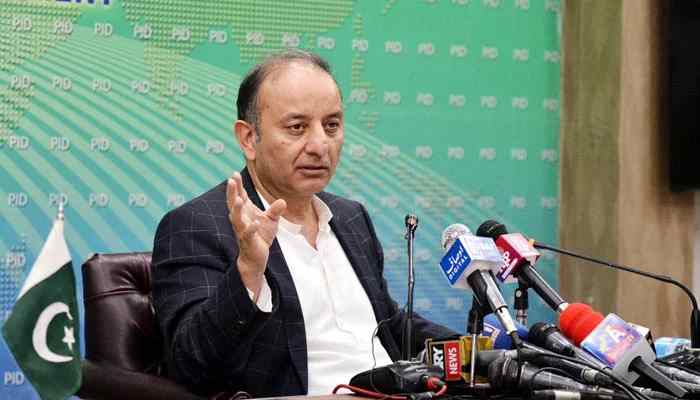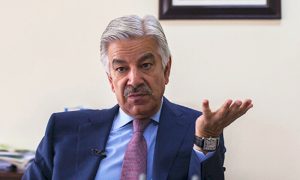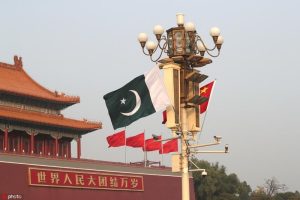ISLAMABAD – Minister of State for Petroleum, Musadik Malik, has dismissed objections raised by the International Monetary Fund (IMF) over the proposed petrol subsidy plan, stating that it would not affect the loan agreement.
Malik believes that the IMF can be convinced of the proposed scheme by adopting the model of differential gas pricing mechanism. However, Pakistan is currently facing challenges in reviving the $6.5 billion loan program stalled for months, and succumbing to the Fund’s demands has caused problems for the masses.
The delay in the disbursement of the $1 billion tranche has had a detrimental impact on the economy. The IMF had raised concerns over the petrol subsidy plan, stating that it was announced without consultation with the government.
In defense of the proposal, Malik stated that the government had already implemented differential gas pricing for the rich at higher rates while providing it at cheaper rates for the poor. The finance ministry had responded to the IMF’s two questions on the modalities of cross-fuel subsidy, providing details to satisfy the lender.
Malik assured that the government would not jeopardize the IMF program and hoped that the Fund could be convinced of the modalities of the proposed cross-fuel subsidy on the pattern of the gas sector. The minister clarified that the same summary was prepared last month when the prime minister had given his nod in principle and that the finance ministry was dealing with the IMF. However, sources have revealed that the proposed cross-fuel subsidy may be challenging to implement transparently for petrol prices as it is not piped gas like the gas sector, where the pricing could be made based on consumption.
The half-cooked cross-subsidy has caused delays in striking a staff-level agreement with the IMF, and it remains to be seen how the lender will respond to it.














